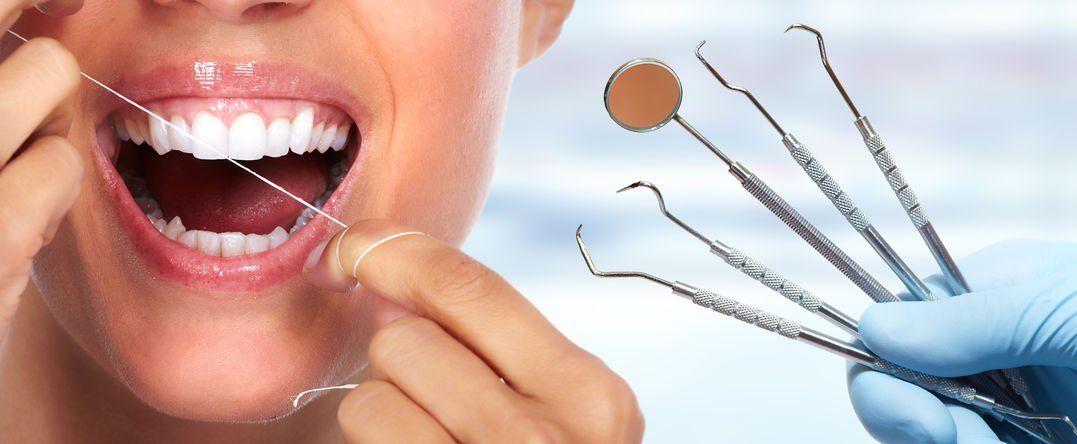Does Flossing Actually Help?
- By Mary Marks
- •
- 02 Jul, 2018
- •

Next to using a toothbrush, flossing is the most important dental cleaning method, an essential component of any thorough teeth cleaning regimen. Most dental care specialists recommend brushing twice a day and flossing once, preferably in the evening, each form of preventive playing its own role in ensuring dental hygiene. If you already know why brushing your teeth is important, but you are not sure how flossing can help, here are a few benefits of wedging a piece of string between your teeth:
- Flossing helps you clean the small space between your teeth that cannot be completely cleaned with your brush, thus preventing the appearance of caries in these otherwise difficult-to-reach places;
- Flossing prevents tartar build-up between the teeth, thus protecting not only the health of your teeth, but of your gum as well and preventing the appearance of gum disease as the sedation dentistry professionals will tell you;
- Flossing also prevents bad breath, an uncomfortable issue usually caused by the accumulation of food residues between the teeth that leads to the proliferation of bacteria in the oral cavity;
- By improving oral health, flossing also improves the health of the digestive tract and of the entire body by preventing bacteria from getting swallowed and reaching the inner organs.





Although oral sedation dentistry Highlands Ranch is one of the optionsavailable for managing anxiety and discomfort during oral surgery, you certainly do not need to use it all the time. As a matter of fact, the exact type of sedation or anesthesia that you receive during oral procedures may depend on various factors, such as the complexity of the procedure, your medical problems, as well as your doctor’s preferences.
There can be several different levels of sedation that can be used in oral surgery. Local anesthesia is one of them. This involves injecting anesthetic medication into the specific area where the surgery will take place. It numbs the area and is often used for less invasive procedures.
Oral sedation involves taking medication in the form of a pill to induce a state of relaxation and drowsiness. The patient is still conscious, but he/she may not be fully aware of the procedure. At any rate, sedation helps him/her get rid of anxiety.
In the case of intravenous sedation, medication is administered through a vein, which induces a deeper state of sedation than oral sedation. Patients may still be conscious, but they are less aware of their surroundings and may not remember the procedure.





